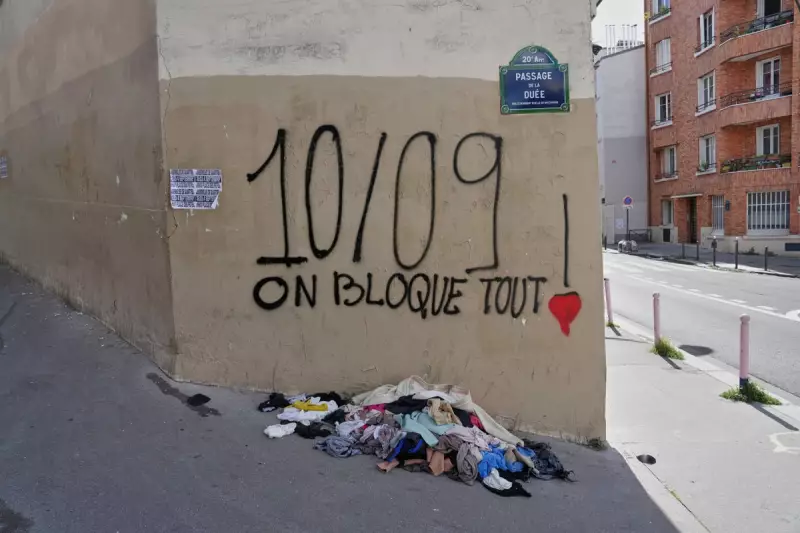
In a move that has sent shockwaves across European capitals, French President Emmanuel Macron has dramatically refused to rule out the deployment of Western ground forces to Ukraine. This stark departure from the previously unified stance of providing only military aid and equipment places France at the forefront of a potentially explosive new phase in the conflict.
The controversial comments emerged from a hastily convened meeting of European leaders in Paris on Monday. Macron stated that while there was "no official consensus" for sending troops, the option should not be taken off the table. This position has created a visible and profound rift with key NATO allies, most notably Germany, which immediately and forcefully rejected the notion.
A Stark Warning and a Fractured Front
President Macron framed the meeting as a pivotal moment, declaring that Europe's collective goal is to ensure "Russia cannot win this war". He warned that a Russian victory would fundamentally undermine European security for generations to come.
However, his solution—leaving the door open for military intervention—has proven deeply divisive. The swift and public rebuttals from Berlin, London, and other capitals underscore the fragility of the Western alliance. This public disagreement is a significant propaganda win for the Kremlin, which has long sought to portray NATO as weak and divided.
The Kremlin's Reaction and Escalating Tensions
As expected, the reaction from Moscow was swift and furious. Kremlin spokesman Dmitry Peskov issued a grave warning, stating that any direct conflict between NATO and Russian troops would be not just inevitable, but highly probable. He emphasised that Russia would view such a deployment as an extreme escalation, with consequences too severe to predict.
This exchange marks one of the most dangerously direct confrontations between a NATO leader and the Kremlin since the war began over two years ago, raising the spectre of a broader continental conflict.
A New European Coalition for Military Aid
Beyond the rhetoric on troops, the Paris meeting did yield a more concrete initiative. President Macron announced the formation of a new coalition aimed at supplying Ukraine with long-range missiles and bombs. This group, which includes the UK, intends to significantly bolster Ukraine's ability to strike deep behind Russian lines, though it stops short of committing boots on the ground.
This development signals a clear intent amongst some allies to intensify military support, even as the debate over direct intervention threatens to create a major schism within the heart of Europe.





